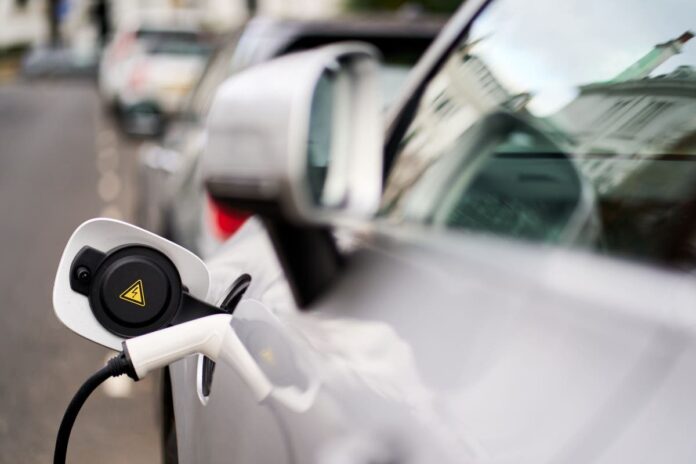Electric vehicle (EVs) owners will be hit by a new tax from April 2025.Chancellor Jeremy Hunt announced in his autumn statement that zero-emission vehicles will lose their vehicle excise duty (VED) exemption from that date.He said: ‘Because the OBR (Office for Budget Responsibility) forecast half of all new vehicles will be electric by 2025, to make our motoring tax system fairer I’ve decided that from then, electric vehicles will no longer be exempt from vehicle excise duty.’This means drivers who currently pay no VED will be charged up to £165 per year for cars and £290 for vans.Ian Plummer, director of automotive classified advertising company Auto Trader, said the new policy, combined with other incentives being scrapped and high energy bills, will ‘drive more would-be buyers away from EVs’.He added: ‘An excise duty raid is deeply unhelpful and sends the wrong message if we’re to be serious about getting EVs into the mainstream.’But Steve Gooding, director of the RAC Foundation, said it was ‘no surprise’ that EVs have lost their VED exemption as ‘manufacturers are still struggling to meet the demand’ amid supply shortages.He claimed the Treasury faces a ‘bigger tax question’ of what to do about the decline in fuel duty income as more motorists switch from petrol and diesel vehicles.’We predict fuel duty revenue from cars could drop by £5 billion a year by as early as 2028,’ he said.VED is a tax levied on UK vehicles which depends on when they were first registered and their carbon emissions.The first-year rate for new cars currently ranges from zero for the cleanest models to as much as £2,365 for the most polluting.A standard rate of £165 applies for subsequent years for those registered from April 1 2017, except for zero-emission vehicles which have no charge.For cars registered between March 1 2001 and 31 March 2017, the rate ranges from zero to £630.VED for vans ranges from zero to £290. We predict fuel duty revenue from cars could drop by £5 billion a year by as early as 2028Steve Gooding, director of the RAC FoundationFrom April 1 2025, new zero-emission cars will pay the lowest first-year rate of £10, with a £165 bill for subsequent years.Zero-emission cars registered between April 1 2017 and March 31 2025 will also pay the standard rate.Those registered before then will switch to the band B rate, which is £20.Zero-emission vans will move to the rate for petrol and diesel models, which is £290.Mr Hunt also announced that company car tax rates will increase by one percentage point for three years from 2025.Sales of new petrol and diesel cars and vans in the UK will be banned from 2030.Latest figures from the Society of Motor Manufacturers and Traders show the number of registrations for new pure electric cars during the first 10 months of the year was 38.4% more than in the same period in 2021.


